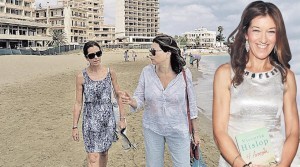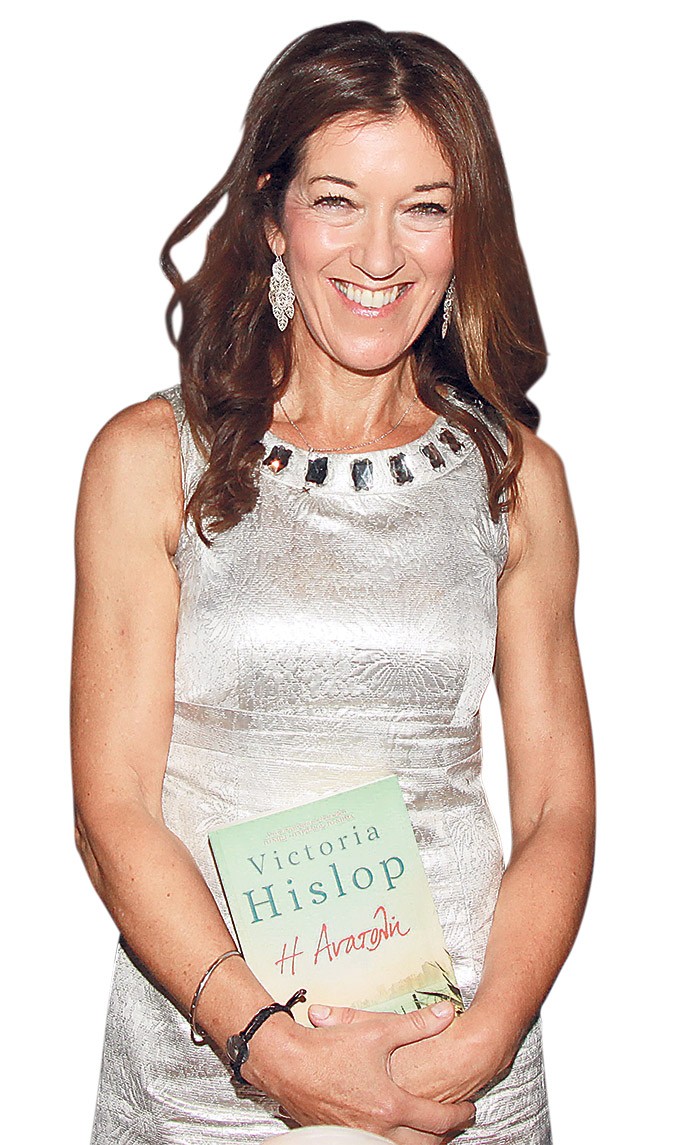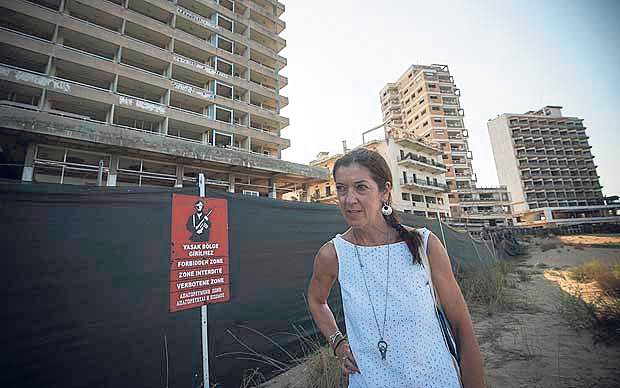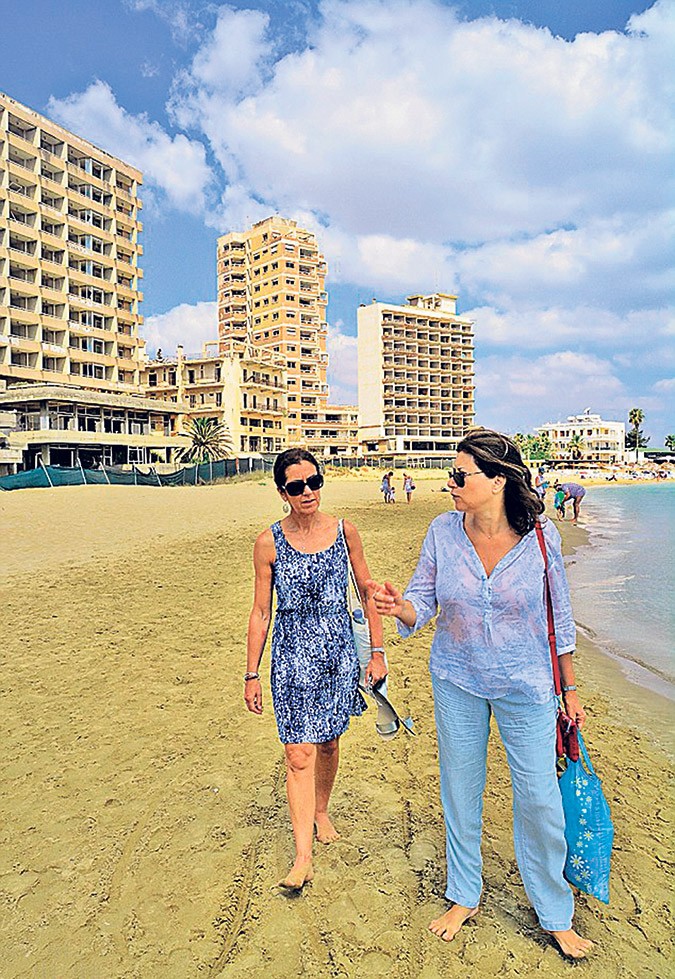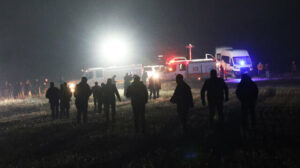Victoria Hislop, author of “The Island”, a famous historical novel set on the Greek island of Spinalonga that has won many awards, disappointed the Greek Cypriots with her latest novel, titled “The Sunrise”.
Many believe that the famous author whitewashes in her new book the war crimes committed by the Turks during the invasion of Cyprus in 1974. Although originally promoted as a novel that would highlight the continuing drama of Famagusta, which remains a ghost town since August 1974, “The Sunrise” did not live up to the expectations of Hislop’s Greek Cypriot fans.
The plot of the book, as described by Hislop’s official site:
In the summer of 1972, Famagusta in Cyprus is the most desirable resort in the Mediterranean, a city bathed in the glow of good fortune. An ambitious couple are about to open the island’s most spectacular hotel, where Greek and Turkish Cypriots work in harmony. Two neighbouring families, the Georgious and the Özkans, are among many who moved to Famagusta to escape the years of unrest and ethnic violence elsewhere on the island. But beneath the city’s façade of glamour and success, tension is building.
When a Greek coup plunges the island into chaos, Cyprus faces a disastrous conflict. Turkey invades to protect the Turkish Cypriot minority, and Famagusta is shelled. Forty thousand people seize their most precious possessions and flee from the advancing soldiers. In the deserted city, just two families remain. This is their story.
On her part, Mrs Hislop had stated that her intention was to write the truth. In fact, she told Greek newspaper “Fileleftheros” that, as she was writing the book, she felt as if her fingers were wet and she was putting them in the power socket. “I felt like the subject was as fresh as it was 40 years ago, like not a day has gone past,” the author said.
Former Minister of Education Claire Aggelidou underlined that Hislop’s book does not include a single reference to the rich cultural past of the city, which is inseparably connected with its timeless Greek character. Instead, it only focuses on Famagusta’s wealth in the early 1970s.
“Ms. Hislop’s partiality for the Turkish Cypriots is readily apparent to scholars and even the most well-intentioned among us would have to point out the inaccuracies that are interspersed in the text,” says Ms. Aggelidou.
“The book does not mention at all the plight of the families of the missing persons, the prisoners of war, those who were taken captive, executed by TMT and still mourned by us, 40 years later,” the former Minister notes, adding that the book presents an image of the Greek Cypriots as “villainous exploiters and dishonest thieves” while the Turkish Cypriots are presented as a selfless, compassionate, and altruistic people. “How is this not political?” Ms. Aggelidou asks.
Ask me anything
Explore related questions
